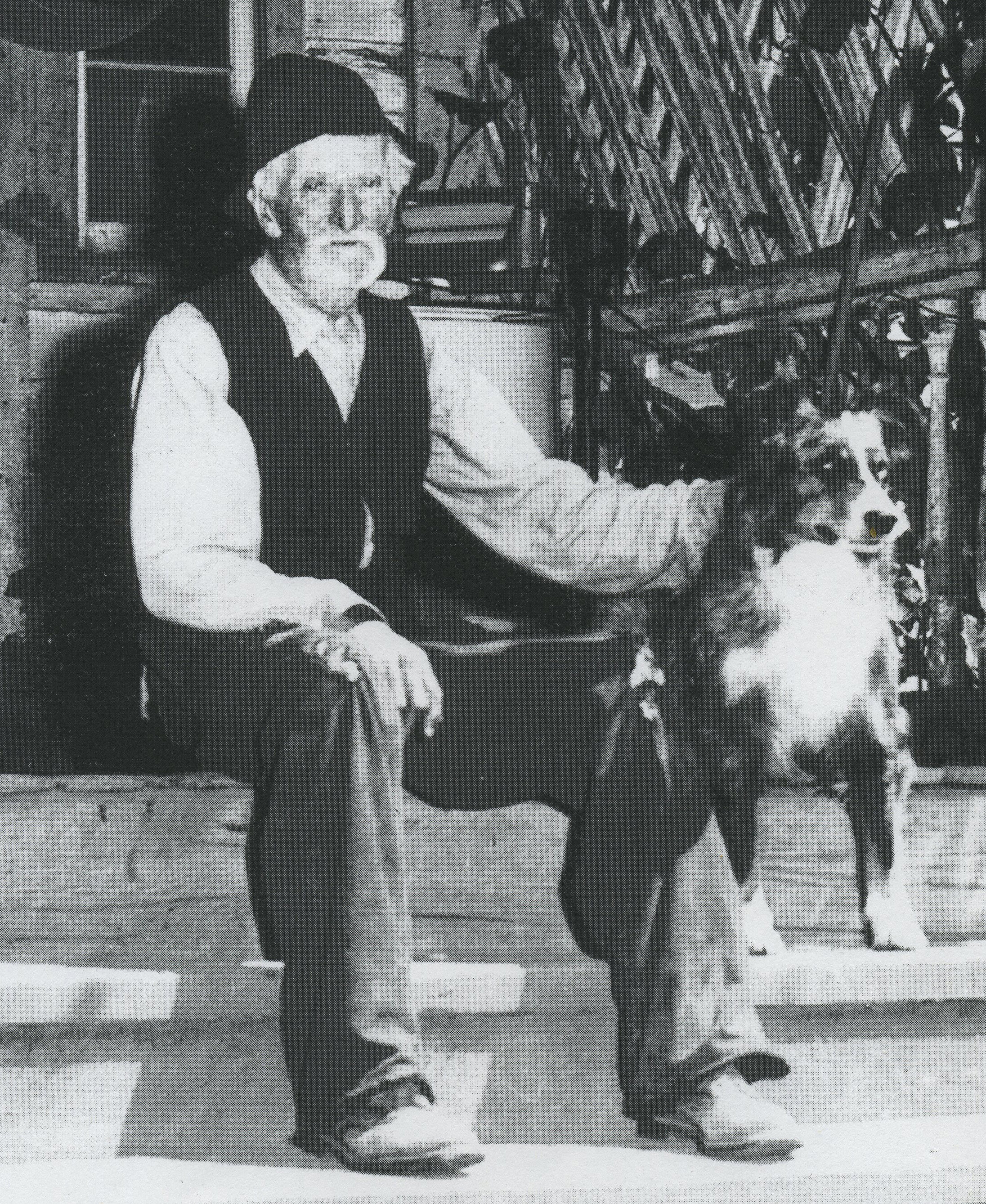Dr. Wilhelm Keil
Keil Family
About the Keil Family
Dr. Wilhelm Keil was one of nine children fathered by Andreas Keil, a master linen weaver, in the Bleicherode region of Saxony. Trained as a tailor and knowledgeable about the use of herbs in medicine, Wilhelm Keil emigrated to America. By 1837 he had opened a drugstore in Pittsburgh, Pennsylvania.
Because of his religious interests, Keil joined the German Methodist Church. He nearly became a minister, but because Keil insisted that ministers should not be paid (as Christ had not been paid), he left that more traditional denomination.
All contemporary accounts say that Keil was a powerful speaker who impressed other Germans, in particular, with the need for conversion. As he moved from village to village, he gained adherents and told them he would one day call them to join his more organized group of fellow Christians.
Wife and Children
Wilhelm Keil had nine children with Louisa Ritter Keil. Tragically, six of the nine children died before their parents. Descendants of Dr. Keil in Oregon come through son Frederick and his wife Louisa Giesy, a daughter of Andrew Giesy Sr. Another son, August, had children with Rosa Forstner in Missouri. Those descendants are very active supporters of ACHS and are found all over the United States. Research for a 2008 exhibit brought new and exciting information to our understanding of and appreciation for the complexity of this family group.
Where did these followers come from?
While we should not generalize too much, we believe that Keil’s followers came from two specific groups: Fellow Germans who heard him — or heard his supporters preach for him — in their own villages, and former members of the Harmony Society who had broken away from George Rapp in the early 1830s.
What about the former Harmonists?
For many and various reasons George Rapp’s Harmony Society experienced a major upheaval in 1832. At least thirty family groups, later associated with Keil, joined in this rebellion and formed their own non-communal village at Phillipsburg, Pennsylvania. Among these were the Schueles and the Wagners. When Keil contacted the Phillipsburg families in the early 1840s, he impressed a large group of them, and they suggested he form a communal society. As former members of such a society, they provided invaluable practical assistance to its founding and maintenance.











